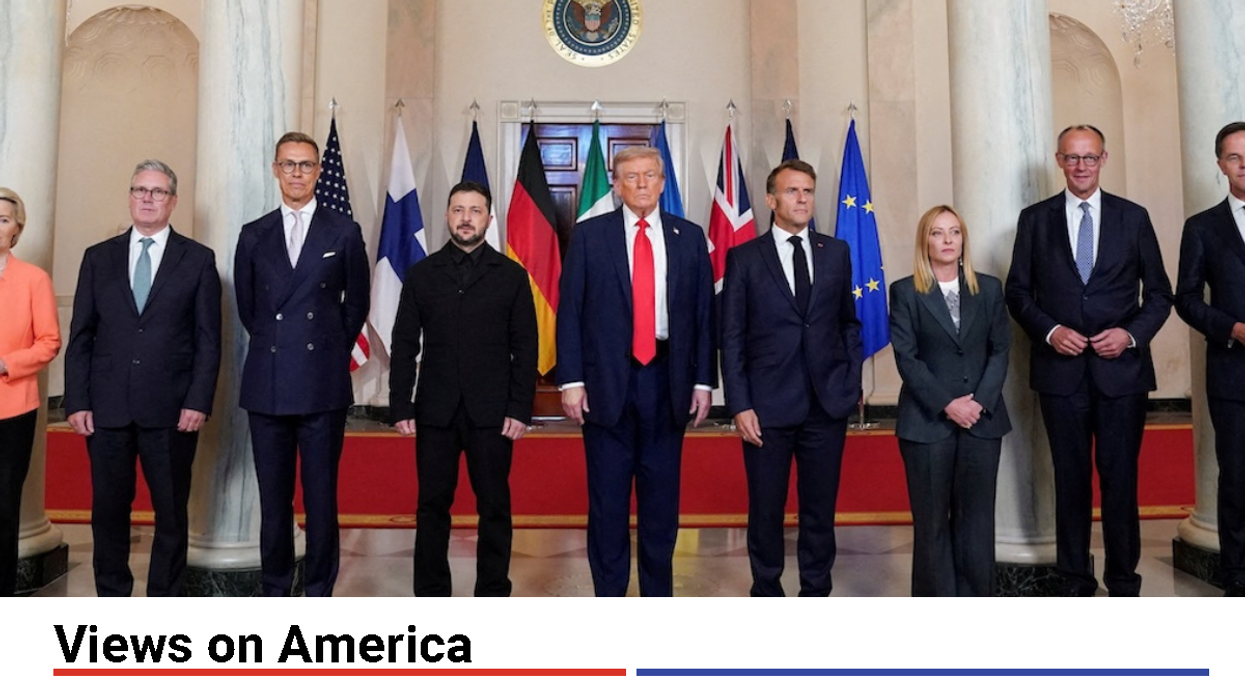– By Willis Sparks
Sometimes I find myself talking with one of my super-smart, well-informed younger acquaintances about some major event from “recent” history. I’ll tell them I remember watching nightly coverage of the fate of Americans held hostage in Tehran by furious Iranian students while I was in high school. Or, sitting on the floor of my grad school apartment, watching live TV coverage of Chinese tanks crushing Chinese protesters, and later of giddy Germans dancing and drinking atop the Berlin Wall. Then there’s the sunny fall morning when a plane struck a tower in lower Manhattan.
Then I remember that the person I’m speaking with wasn’t yet born when most (or any) of these things happened.
Everywhere in the world, succeeding generations have formative experiences that shape their understanding not only of the past but of the present and future. When we think about the politics of various countries today, this “horizon of memory” can help us consider something important about what’s happening and why.
50.5% of Americans are under 40. This means they have little memory of the Cold War, and didn’t grow up with the assumption that America has a “responsibility to lead” on the global stage. If you didn’t experience Cold War hopes and fears firsthand, you might find it odd that US presidents were once called “leader of the free world.”
43.3% of Germans are under 40. I haven’t visited Berlin since there were two of them. I went in the spring of 1990 because I wanted to put my hand on the Wall, to touch history, before it was gone. No German under the age of 40 will remember that surreal historical inflection point or the complex (sometimes contradictory) feelings triggered by Germany’s reunification.
45.9% of Russians and 42.4% of Ukrainians are under 40. No Russian under 40 will remember the Soviet superpower and the daily life that came with it. Even the Mikhail Gorbachev-period that I saw for myself on a visit to Moscow in April 1989 will be largely unfamiliar. Across the border, no Ukrainian under 40 will remember life in an empire ruled from the Kremlin. On both sides of the border, Vladimir Putin’s arguments about Russia’s historic claims to Kyiv land differently with people over 60 than those who are 30.
69.4% of South Africans are under 40. Everyone in that country knows the African National Congress was once the party of liberation. But unless you’re over 40, you likely won’t remember the astonishing day in February 1990 when a smiling Nelson Mandela, imprisoned for 27 years, walked out of his small cell in suit and tie. Nor will you recall the widely shared jolt of raw idealism when he became his country’s president. If you’re under 40, the ANC is the party of power.
64% of Brazilians are under 45. No Brazilian under 45 can remember living under the military dictatorship that was the “Fifth Brazilian Republic,” which lasted from 1964 to 1985. For them, debates over threats to democracy posed by former President Jair Bolsonaro might not resonate as they do for their parents.
78% of Iranians are under 50. No Iranian under 50 will remember life before the revolution that established the Islamic Republic (1979). They know the days of the Shah only through the happy or unhappy memories of their parents and the ideological education they continue to receive.
Without doubt, these events are crucial for all of us. No matter our age today, these are the movements of history on which we build the world around us. But I know my grandparents understood the poverty and fear of the 1930s differently than I ever can. My parents came of age in the peaceful but paranoid 1950s and entered adulthood with the Cuban Missile Crisis.
At 60, I’m blessed to have seen some dramatic historical turning points and to value the perspective they offer. But I’ve also learned that politics, anywhere and everywhere, is impossible to understand without reminders of our horizons of memory — and respect for the assumptions, beliefs, and aspirations of those who’ve engaged the wider world since.
What memories of historical events have shaped your worldview? Let us know here, and if you include your name and where you’re writing from we may include your response in an upcoming edition.


















